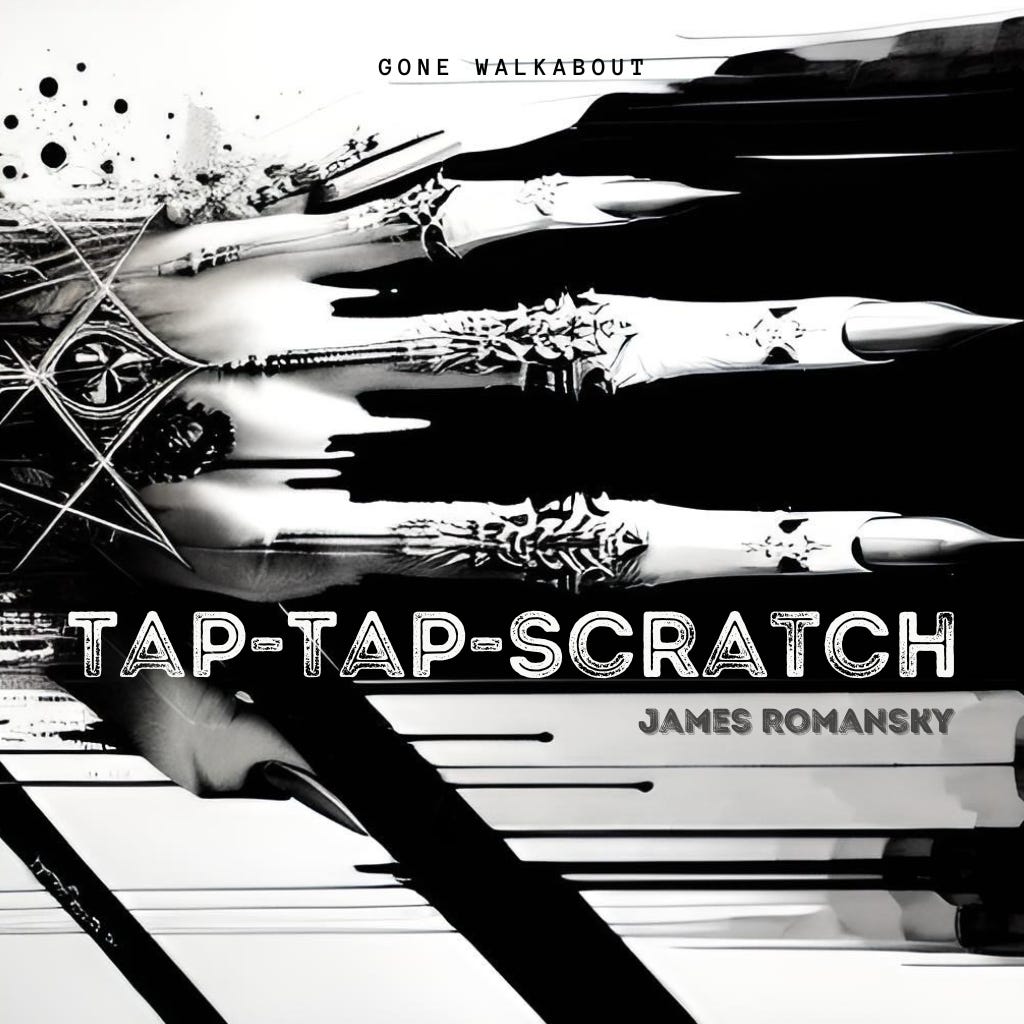Don't judge King Priam too harshly; first and foremost, he tried to be decent in an indecent world.
Trust is an odd belief. It's much like water taking the shape of whatever you pour it into. Trust is as fragile, or as strong, as the one you give it to.
Put your trust in the right people, harden and strengthen it through trial and error and good intention and it becomes solidified in your relationships. Friendship, love, and family — all must have a strong, trusting bond.
But that doesn't come without risk; we spend our first few years on Earth looking up at tall adults — parents, family, and teachers — trusting them to guide us. Then at some point, we put what we have given so freely before in the hands of the wrong person, and we are crushed when it is broken.
"The trust of the innocent is the liar's most useful tool."
-Stephen King
For a lot of us, it is broken in our teenage years by friends who never really invested in us, love interests still trying to find out who they are, let alone what it means to be with someone else, and the spiritual death of our heroes when we find out they're human — just like us. Because that feeling of betrayal is so harsh, we become gun-shy; we hoard trust like priceless gold coins refusing to give up a single bit of it.
As Sophocles said so many years ago:
"Trust dies, but mistrust blossoms."
We are jaded with time, youth dies with the birth of mistrust, and we walk through young adulthood with a side-eyed glance at those who intend to earn our time and trust. So we become closed and suspicious until someone comes along with the strength to break down our hard-earned walls.
A short reminder of the cost of ancient trust.
The city-state of Troy trusted its enemy.
When Agamemnon's combined Greek forces couldn't breach the great city's walls, they seemingly sailed away defeated. King Priam found an offering on his shores, and though he was a king, he thought it above his station to deny the Greeks this creation to the gods.
He brought the massive wooden horse through the front gate to the heart of Troy at the steps of his grand temple of worship. It's what a good king would do. He trusted the humanity of the Greeks and their fear of the gods.
Agamemnon relied on Priam to be a good man. King Priam relied on the Greeks to have the same values and pay homage to the sea god Poseidon for a safe passage like he might have done in their situation.
But, as we know, it was a trap, and the Trojans and their great city fell to the treachery of man, and in the dead of night, Greek warriors, hidden within the wooden horse, snuck out and opened the gates for their bloodthirsty army and tremendous and terrible Achilles.
Troy would burn for Priam's trust. He'd be the last king of a dead city.
So again, don't judge King Priam too harshly; he tried to be decent in an indecent world.
Mythology aside, we trust far more personally the stranger in our own society than Priam trusted Agamemnon. We trust the unknown driver to stay in his lane, not run red lights, and not hop the curb while we're on our morning run. We trust in the pillars of society, decency, and common culture; we trust those around us to do so, also.
But so would Priam.
We trust you'll enjoy "Tap-Tap-Scratch." Thank you for your readership!
-James
Tap-tap-scratch.
The house was old, riddled with groans and creaks. I ignored it at first, often wedging my head between pillows so it'd be quieter.
She lived beneath us in the dirt.
Tap-tap-scratch.
Eventually, she whispered through the cracks, calling me. We'd learn to talk, and she'd softly sing me to rest. Now, I'm more comfortable sleeping beneath my bed.
Tap-tap-scratch.
"Let me in, Nicholas? The hatch is under the stairs."
"Alright." I blushed.
"Invite me in, please?"
And I did, without hesitation.
She took my hand — grinning with razor teeth — starving eyes. "Let's go wake Mom and Dad."
Tap-tap-scratch.


